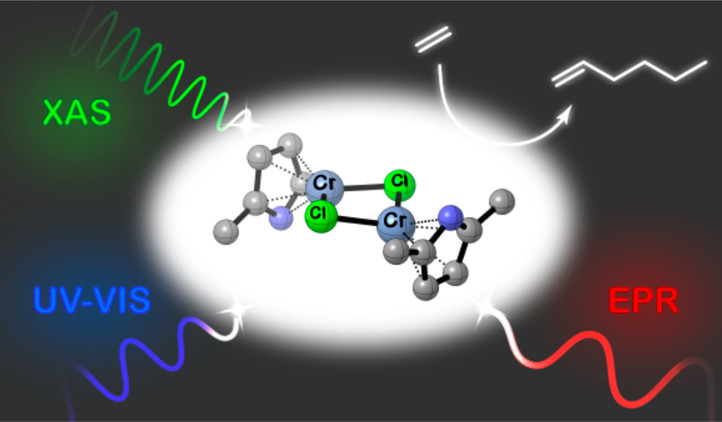How catalysts for plastic production can be improved
A team led by professor of Materials Science, Moniek Tromp, has found out why the chromium catalyst mixture used in the production of 1-hexene, the precursor in the production of polyethylene (PE) plastic, is not as efficient as it could be. Using a variety of spectroscopies (NMR, EPR, UV-Vis, X-ray absorption) and DFT calculations they were able to identify or exclude certain species as the active component in the industrially applied mixture. If the inactive components can be removed, the efficiency of the reaction could be improved. Because of the enormous scale of the plastic production, even a small improvent can have drastic effects on the sustainability of the process.
A more detailed description of the research has been discussed by our colleagues at the University of Amsterdam here.
The full scientific aritcle can be found here: Bas Venderbosch, Jean-Pierre H. Oudsen, Lukas A. Wolzak, David J. Martin, Ties J. Korstanje and Moniek Tromp: Spectroscopic Investigation of the Activation of a Chromium-Pyrrolyl Ethene Trimerization Catalyst ACS Catal. 2019, 9, 1197−1210 DOI: 10.1021/acscatal.8b0341

More news
-
15 September 2025
Successful visit to the UG by Rector of Institut Teknologi Bandung
